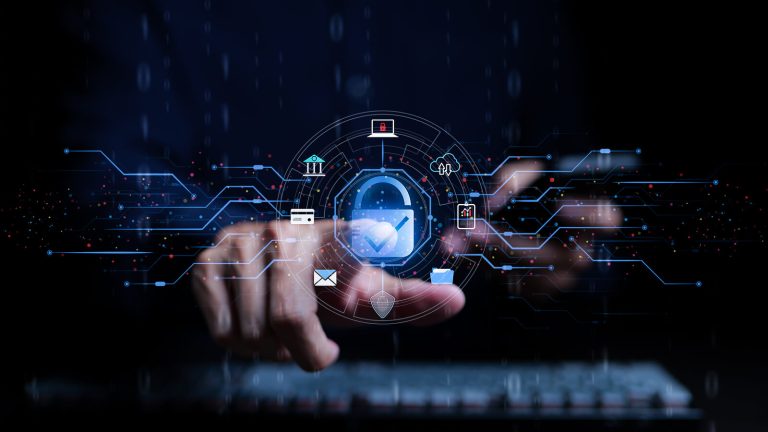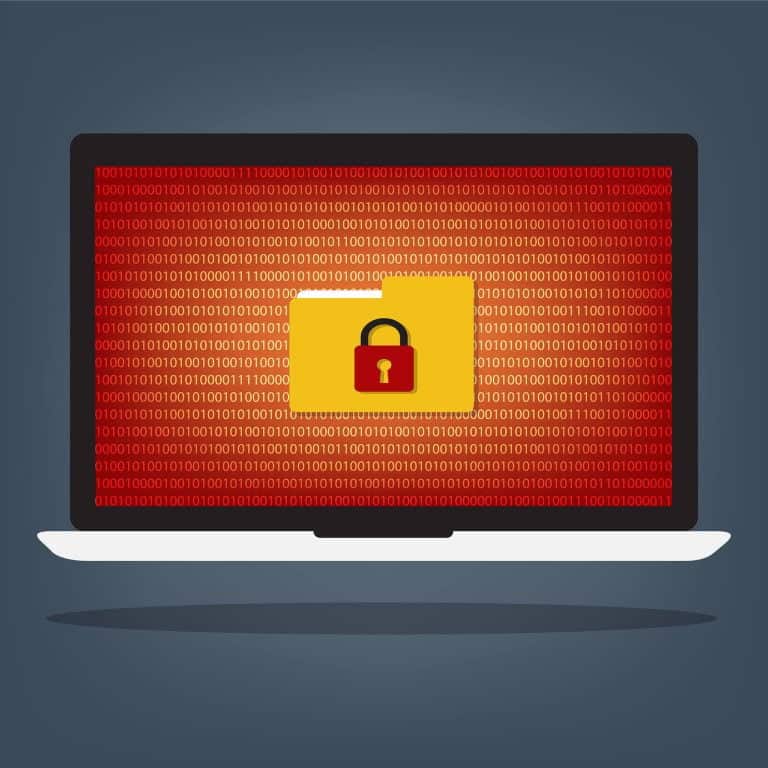Cybercriminals are leaving no stone unturned to get your business data. Read to know how blockchain is transforming the cybersecurity world
Table of Contents
ToggleBlockchain technology was created to make it simpler to send Bitcoin and other crypto coins in a secure manner. Banks, governments, and companies are starting to pay more attention to it because of its ability to fight cybercrime. A blockchain’s data is hashed consecutively to produce an unalterable fingerprint. Blockchain is a distributed ledger that enables fully transparent data transfer between various parties.
Public and private deployments of blockchain technology are just a few options. The network nodes’ capacity for accessibility or block generation determines the platform’s nature. The consensus and block formation processes are open to participation by any node at any moment. Private blockchain, thereby, maintains private ledgers through reliable participant nodes that provide confidential service. If you are looking forward to securing your data with blockchain, then hire the best blockchain development company that guarantees premium and scalable services.
How Blockchain is Transforming the Cybersecurity Industry?
Although blockchain is applicable to all industries, its impact on cybersecurity may be one of the most profound. Blockchain contributes to computer security in the following ways:
- Decentralization
Centralized businesses have been disrupted by blockchain. A single storage organization houses all of your data (or money in the case of banks) in centralized systems. Since all of the data in centralized systems is kept in one location, hackers frequently target these systems.
An excellent illustration of a centralized service is the client-server architecture. When you need information, you first conduct a search, after which the information storage site is contacted, and you get your response.
Blockchain guarantees that information belongs to everyone in the network by being decentralized.
- Improved Access and Identity Management
It is a common thing that employee error is the primary cause of credential theft by hackers, which is centrally stored and managed. The technology can store credentials on the blockchain, reducing the scope of system intrusion risks and access fraud as hackers will have to attack multiple points of entry to access the data.
- Prevent Cyberattacks
DDoS attacks are frequent cyberattacks that aim to overwhelm company systems with requests, bringing them down and rendering them unavailable. DDoS attacks are simple because the domain name system (DNS), which stores some of its components collectively, is open to attacks and theft that can be used to take down systems. The use of a decentralized blockchain will stop DNS theft and DDoS assaults.
Additionally, because the blockchain requires verification of any block change with the preceding blocks, attacks will be swiftly identified and contained by preventing malicious data from entering the system.
- Keeping Private Messages Secure
More individuals than ever now communicate with one another privately. Social media networks are experiencing a business boom thanks to the growth of conversational commerce. On these networks, customer-business interactions produce a tonne of metadata.
They are, therefore, ideal candidates for hackers. Blockchain technology is now used by social media and messaging platforms to protect user data. Blockchain technology can be used by businesses to build a unified API framework that enables cross-messenger contact. Blockchain can provide messaging applications with a uniform security protocol.
- Ensure Data Transmission Safety
Data in transit can be altered or deleted by hackers by intercepting communication lines. Businesses can take advantage of the robust encryption feature of the blockchain to safeguard data transmission. This strategy can lock out bad players and prevent unauthorized access to data while it is in transit.
- Avoid Foreign Infiltration
Users must obtain and install computer software as well as any necessary patches and firmware updates on a regular basis. Cybercriminals have the chance to infect machines with malicious software thanks to these activities. Blockchain enables software companies to validate updates and patches and guarantee the reliability of downloads. It can guard against malicious codes and aid in preventing alien intrusion.
Take Your Steps Toward the Future Decentralization
The public is becoming more and more worried about cyberattacks due to their rising frequency, sophistication, size, and financial costs, and both public and private organizations are looking for solutions to stay ahead of these threats. Attacks on victims costing hundreds of billions of dollars annually include DDoS, data breaches, ransomware, social media phishing, and even direct Bitcoin mining.
Hackers have discovered methods to access blockchain systems, ranging from privacy issues in a public blockchain and phishing attacks that target private keys to bad governance and smart contract flaws. For the blockchain privacy protection solution to function as intended, the development team creates blockchain platforms with security in mind, blocking all possible entry points for hackers.
Hire from the top blockchain app development companies that offer top-notch blockchain app development services which ensure scalable and secured applications. From here, the blockchain development service providers take the time to comprehend your company’s needs as well as any current or potential weak spots in order to determine how blockchain can be used to improve business security for your company.





